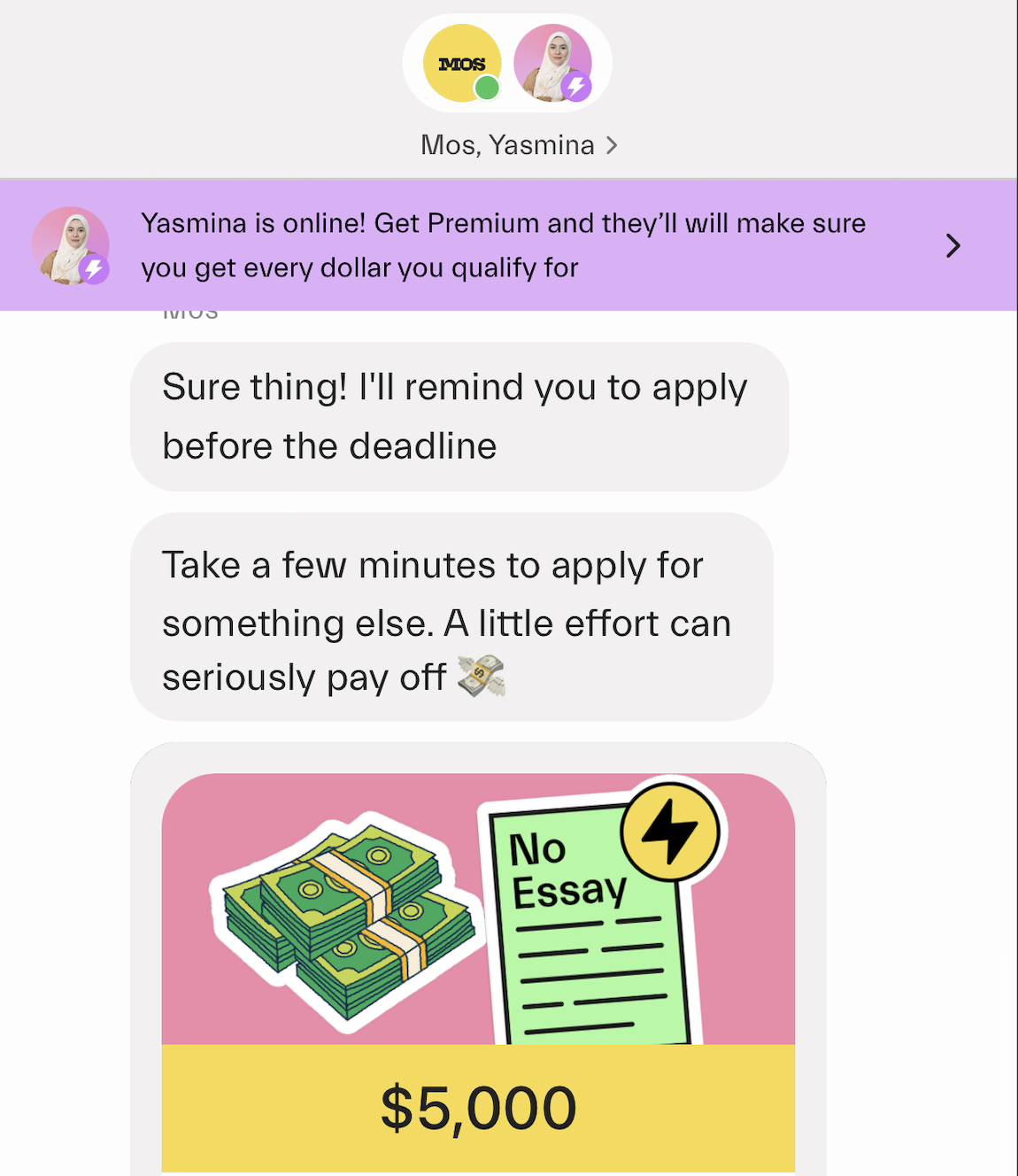Meramec goes green with reusable mug

Kurt Oberreither
– staff writer –
The Sustainability Committee has been working with the Treat America Food Services at STLCC-Meramec to move toward a more environmental-friendly cafeteria.
The first step made toward a “greener” eating environment that the students can be involved in is investing in a reusable mug made of 78 percent pre-consumer recycled material.
A 20-ounce mug can be purchased for $1.25 and filled with hot or cold liquids for the price of a 16-ounce drink.
According to Bonnie Sanguinet, co-chair of the Sustainability Committee, the availability of the reusable mugs was advocated for by the group.
Meramec, as well as Forest Park, is a member of the Presidents’ Climate Commitment whose effort is to “accelerate progress toward climate neutrality and sustainability by empowering the higher education sector.”
According to the mission, institutions must agree to “take immediate steps to reduce greenhouse gas emission by choosing from a list of short-term actions.”
“One of the things we committed to was waste minimization,” Sanguinet said.
Jeff Goldstein, executive chef, said, with the exception of soup bowls and lids, everything in the kitchen is recyclable. He said by the end of February or early March, waste will be “100 percent” recyclable.
“We’ve got big dreams,” said Sanguinet. “We’ve been working with the cafeteria in several areas to be more earth-friendly.”
Sanguinet said the committee wants recycling bins to be placed in the cafeteria dining area. “Making change takes time,” Sanguinet said.
Yet, Goldstein said the current method of mass collection is an issue.
“We’ve got four containers out there: one for cardboard, one for paper, one for bottles, [and] one for cans,” Goldstein said. “We use it as much as we can, but 99 percent of the time it’s filled up, and it gets filled up like that.”
Sanguinet said a campus garden, as well as food waste composting, is what the sustainability committee would like to see in the future.
“If we end up with the bid and come back again, we will be composting all the food that’s not used in the kitchen,” Goldstein said.
However, Goldstein said providing a means for his company and the students to compost would require STLCC to hire a disposal service company. Goldstein also said his food service company has been in contact with St. Louis-based Blue Skies recycling and that progress is dependent on whether their contract is renewed.
“One of the big problems is the school recycles, but there isn’t this big program. It’s their campus. They have to initiate those kinds of programs,” Goldstein said.
Student Christine Goetz said she thinks the cafeteria tries to be environmentally friendly but comes up short.
“People I know get lots of plastic, but I don’t see any recycling bins,” Goetz said.
Another student, Kevin Manning, said when he went to school at George Washington University, leftovers didn’t go to waste.
“Us kids being silly punks, we wouldn’t clean our plates. The local bums had a social agreement with the school and would come and clean our plates,” Manning said.










